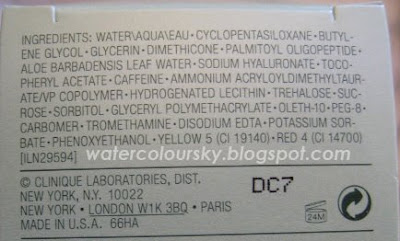Friday, June 26, 2009
How To Read a Personal Care Label

- Start at the end where preservatives are listed. Try to avoid:
- Words ending in “paraben”
- DMDM hydantoin
- Imidsazolidinyl urea
- Methylchloroisothiazolinone
- Methylisothiazolinone
- Triclosan
- Triclocarban
- Triethanolamine (or “TEA”)
- Next, check the beginning of the ingredients list. Here you’ll find the soap, surfactant, or lubricant that has been added to make the product work. Try to avoid ingredients that start with “PEG” or have an “-eth” in the middle (e.g., sodium laureth sulfate).
- Finally, read the middle ingredients. Here you’ll look for some common – but not essential - additives that may bring excess hazard: fragrance and dyes. On the label look for “FRAGRANCE,” “FD&C,” or “D&C.”
Labels: environmental working group, EWG, Ingredients, living holistically, personal care, skin care, toxic
Saturday, August 16, 2008
12 Foods You Don't Have to Buy Organic
The Environmental Working Group, a nonprofit organization that advocates for policies that protect global and individual health, produces the Shoppers' Guide to Pesticides in Produce, based on the results of nearly 43,000 pesticide tests.
Source
Of the 43 different fruit and vegetable categories in the Guide to Pesticides, the following twelve foods had the lowest pesticide load when conventionally grown:
- Broccoli

- Eggplant
- Cabbage
- Banana
- Kiwi
- Asparagus
- Sweet peas (frozen)
- Mango
- Pineapple
- Sweet corn (frozen)
- Avocado
- Onion
Source
Labels: environmental working group, food shopping, fruits and veggies, organic